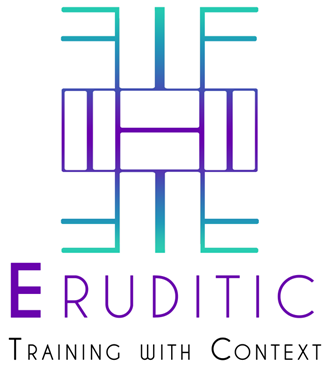Nervous about running a Workshop?
This is a subtitle for your new post

Running an idea generation (or any other) workshop can indeed be nerve-wracking, but with proper planning and execution, you can ensure a positive experience for both yourself and the participants. Here are five simple things you can do to make your workshop successful:
- Have Clear Objectives and Agenda: Define clear and specific objectives for the workshop. What do you want to achieve? Having a well-structured agenda will help keep the workshop focused and on track. Share the agenda with participants beforehand so they know what to expect and can come prepared.
- Use Engaging Activities: Plan a variety of interactive and engaging activities to stimulate creativity and participation. Mix up brainstorming sessions, group discussions, and hands-on exercises. Incorporate icebreakers to create a comfortable environment, and use techniques like mind mapping, role-playing, or storyboarding to generate ideas.
- Try to have Diverse Participants: Ensure a diverse group of senior stakeholders attends the workshop. Different perspectives and backgrounds can lead to richer discussions and more innovative ideas. Consider inviting individuals from various departments or with different levels of expertise to contribute to a well-rounded brainstorming session.
- Hone your Facilitation Skills: As the facilitator, your role is crucial in guiding the workshop. Foster a positive and inclusive atmosphere where everyone feels comfortable sharing their ideas. Practice active listening, encourage participation, and manage discussions effectively, ensuring that everyone has a chance to speak and contribute.
- Make sure you get Actionable Outcomes: Set the stage for actionable outcomes. At the end of the workshop, guide participants in prioritizing and refining the generated ideas. Encourage them to identify the most promising concepts and develop concrete action plans. Make sure each idea has a designated owner or champion responsible for its execution.
Bonus Tip: Feedback and Reflection: After the workshop, solicit feedback from the participants to understand what went well and what could be improved. This will help you refine your approach for future workshops. Additionally, take some time to reflect on the outcomes of the workshop and the next steps required to turn the ideas into reality.
Remember, nervousness is natural, especially when facilitating a workshop for senior stakeholders. Preparation and a positive mindset can go a long way in ensuring a successful and rewarding experience for everyone involved. Good luck with your workshop!
ps. If you would like assistance - get in touch! I'd be happy to help!
Richard










